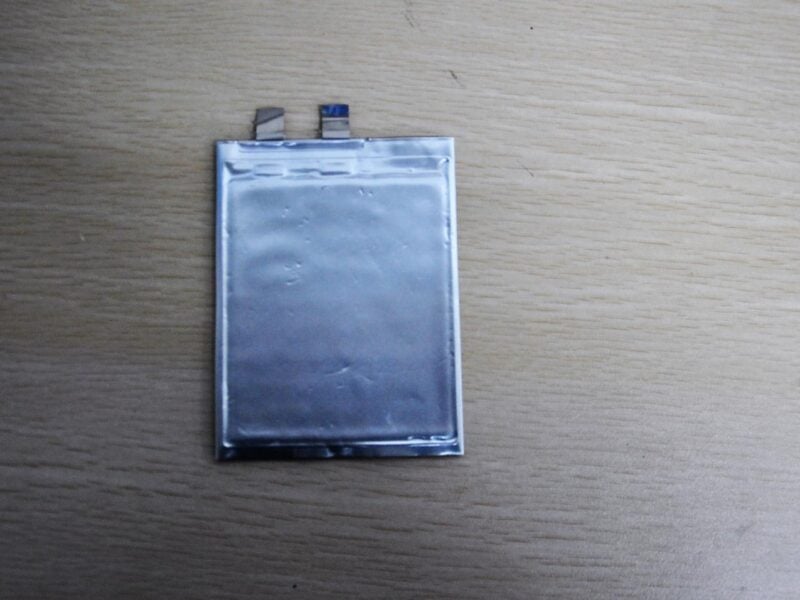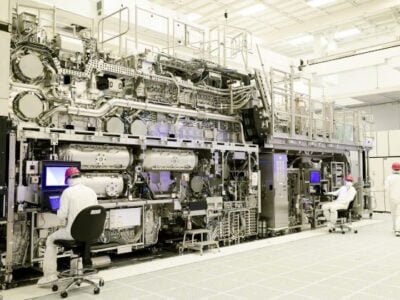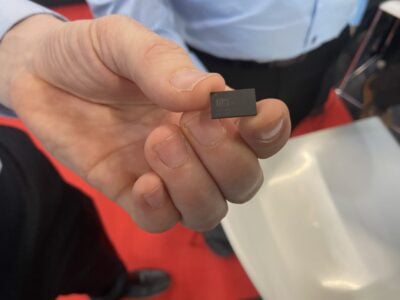
Lithium battery with organic electrodes operates down to -70ºC
While batteries can operate in relatively cold climates, most perform at only 50% of their optimal level when the temperature hits -20ºC, and by -40ºC lithium-ion batteries only have about 12% of their room temperature capacity. This can be severely limiting when it comes to operating batteries in space, where temperatures can dip to -157ºC, or even in parts of Canada and Russia, where temperatures can be lower than -50ºC.
The team from Fudan University in Shanghai found a design that can function even where other batteries might fail. “It is well known that both the electrolyte and electrodes have great influence on the battery performance,” says Dr. Yong-yao Xia, a battery researcher at the Department of Chemistry at Fudan.
When it gets cold, the conventional electrolytes that lithium-ion batteries often use become sluggish conductors. Instead the team used an ester (ethyl acetate)-based electrolyte which has a low freezing point that enables it to conduct a charge even at extremely low temperatures. For the electrodes, they used two organic compounds–a polytriphenylamine (PTPAn) cathode and 1,4,5,8-naphthalenetetracarboxylic dianhydride (NTCDA)-derived polyimide (PNTCDA) anode. Unlike the electrodes used in lithium-ion batteries, these organic compounds don’t rely on intercalation–the process of continuously integrating ions into their molecular matrix, which slows down as the temperature drops.
“Benefitting from the ethyl acetate-based electrolyte and organic polymers electrodes, the rechargeable battery can work well at -70ºC,” said Xia.
Xia and his team believe this may be a more elegant solution than other approaches such as additives that heat the batteries or by using a liquefied gas electrolyte. “Compared to the transition-metal-containing electrodes materials in conventional lithium-ion batteries, organic materials are abundant, inexpensive, and environmentally friendly,” he said. He estimates the price of the electrode materials at about one third of the price of electrodes in a lithium-ion battery.
However, the specific energy is still low compared with commercialized lithium-ion batteries, and the assembly process needs to be further optimised. “But even though it has low specific energy, it provides the most promising potential in special field applications,” he said.
 If you enjoyed this article, you will like the following ones: don't miss them by subscribing to :
eeNews on Google News
If you enjoyed this article, you will like the following ones: don't miss them by subscribing to :
eeNews on Google News




